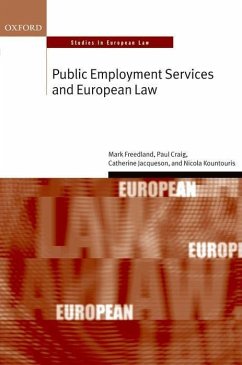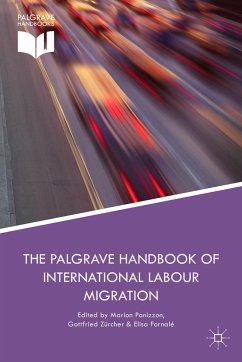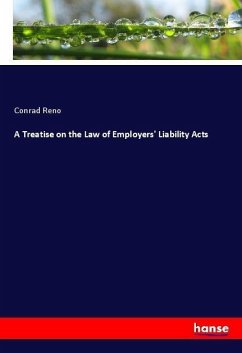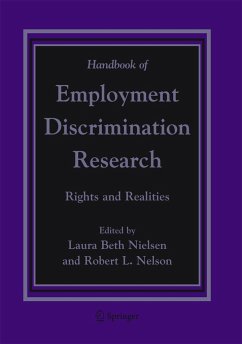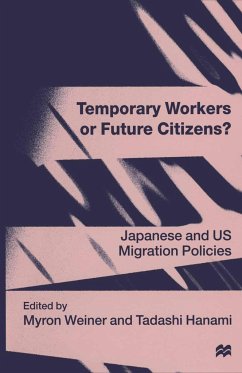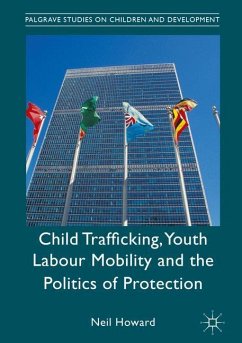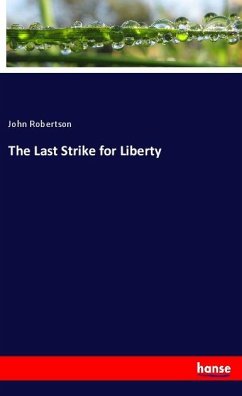
International and European Protection of the Right to Strike
Versandkostenfrei!
Versandfertig in 1-2 Wochen
231,99 €
inkl. MwSt.

PAYBACK Punkte
116 °P sammeln!
It is suggested that, despite the entrenched structures and cultural norms of each institution, such a process of reform could lead to greater consistency of standards relating to the right to strike. A crucial question for workers, in the light of these developments, is whether there will be a 'levelling up' of rights or diminishing protection for those who organise or participate in industrial action. This book ends by considering the current responses of the ILO, the Council of Europe and the EU to these forces for change.
This book examines international and European protection of the right to strike. In particular, it focuses on the extent to which the International Labour Organisation, the Council of Europe and the European Union have set standards designed to protect those who organize or participate in industrial action.





